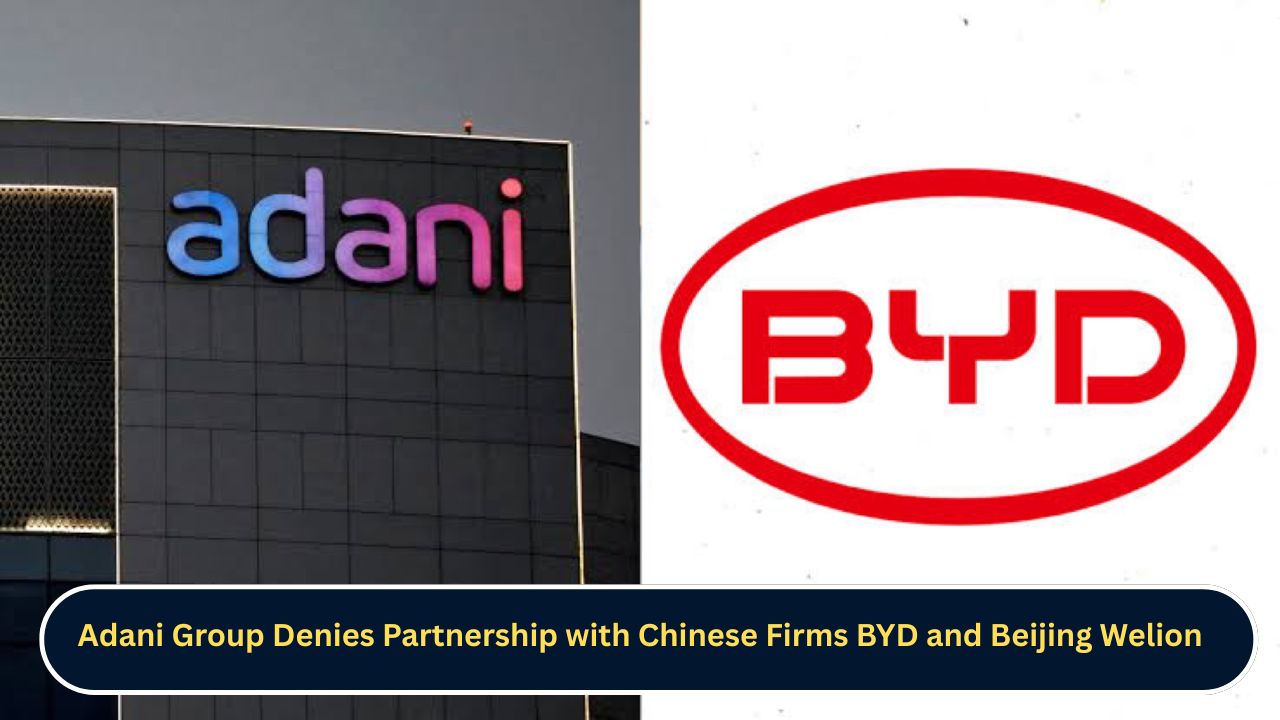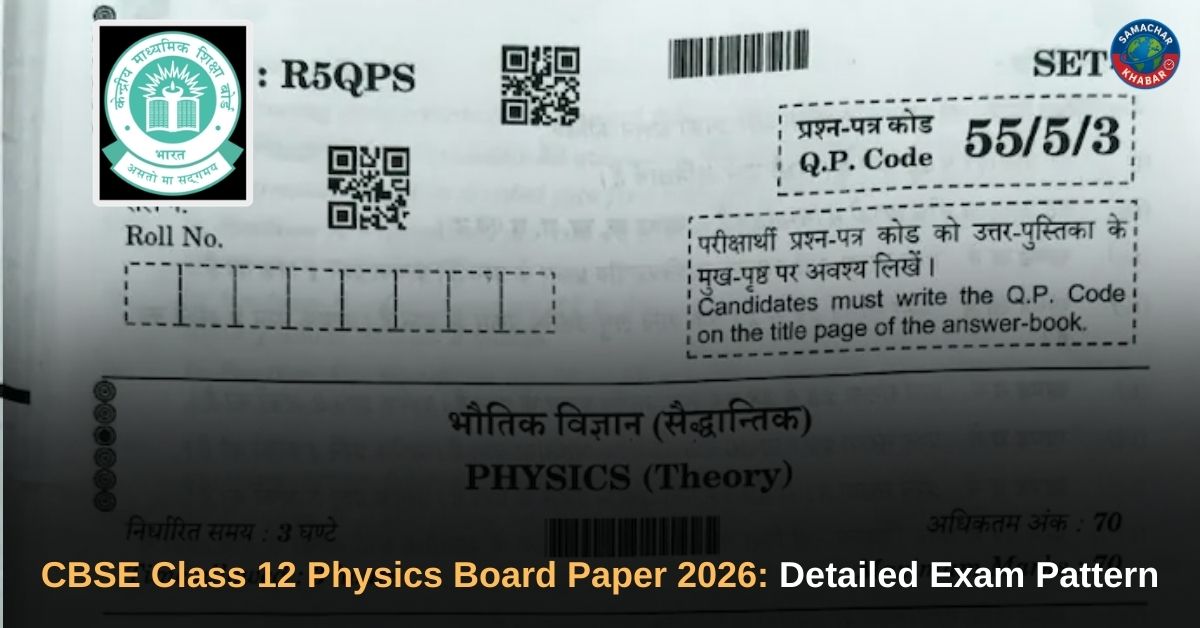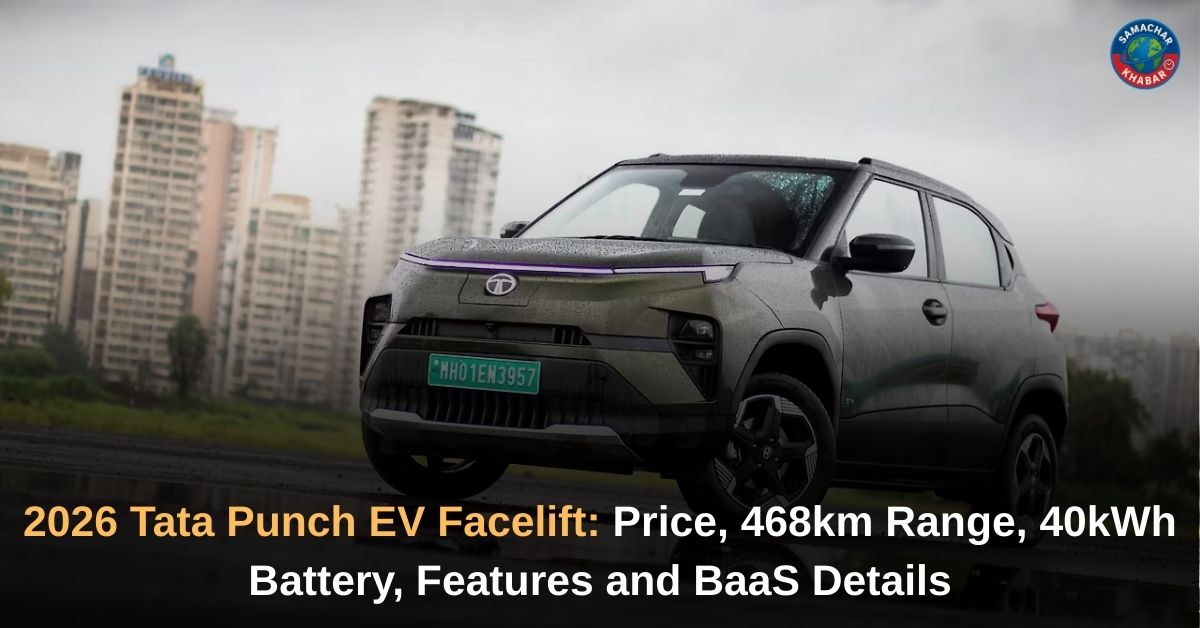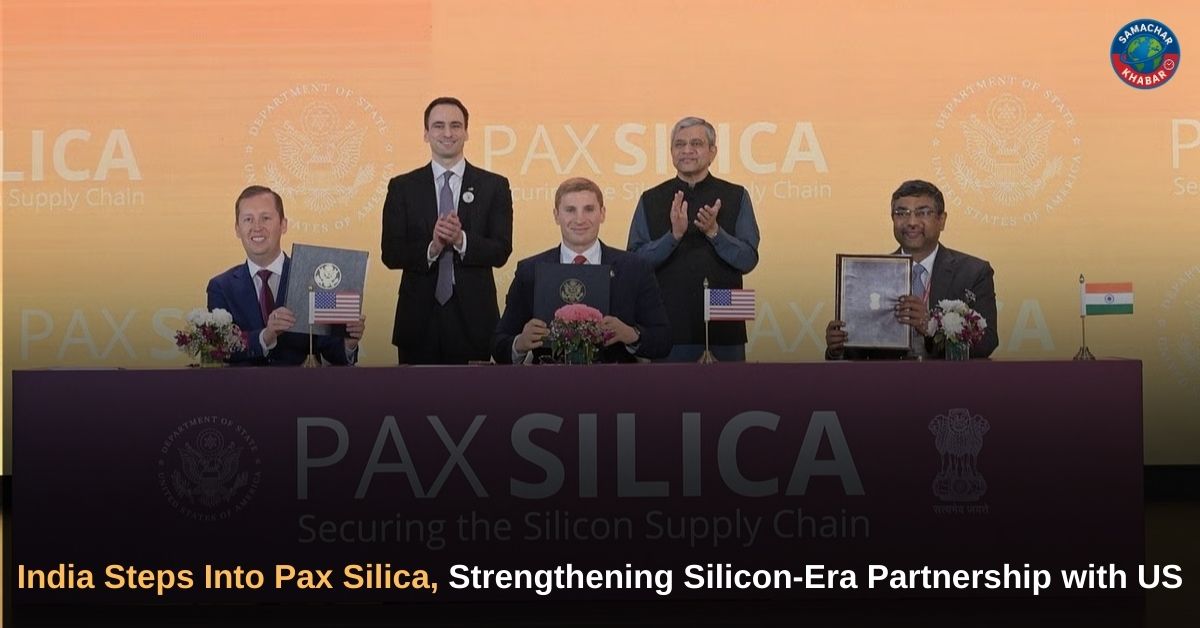The Adani Group has denied in strong terms all the recent media reports suggesting that it is forging an alliance with the Chinese companies, BYD and Beijing Welion New Energy Technology, for battery manufacturing projects in India.
The clarification came in the wake of international media reports claiming that Adani Enterprises was in early-stage discussions with BYD for the establishment of large battery production facilities in the country, possibly including a gigafactory. The report also linked the group to Beijing Welion for potential technological collaboration in the electric mobility and renewable energy sector.
The spokesperson for Adani Enterprises stated in depth, utterly dismissing the allegations:
“We categorically deny any ongoing or planned collaboration with BYD or Beijing Welion New Energy Technology. The information circulated in certain media outlets is baseless, factually incorrect, and misleading.”
The company further said it is not in any form of discussion with BYD for battery manufacturing and has no plans involving Beijing Welion.
The Origin of the Controversy
During this stage, controversy engulfed speculation after Bloomberg published a story on August 4, 2025, and alleged that Gautam Adani, Chairman of the Adani Group, had personally initiated negotiations with BYD for the manufacture of lithium-ion cells in India to enhance the clean energy portfolio of the conglomerate.
The issue gained immediate traction among business and political circles. However, the Adani Group issued a swift and clear denial to put an end to any further speculation.
Why this matters
Battery manufacturing is now considered a strategic field in India’s drive towards renewable energy. Partnerships with foreign parties, especially Chinese, are often subjected to public debate over concerns regarding technology dependence and national security.
Given that tensions between India and China continue to underpin trade and investment decisions, any perceived tie-up with Chinese firms could trigger grave regulatory and political consequences.
Also Read: How Gen Z Is Driving Eco-Friendly Consumer Trends in 2025
The denial from the Adani Group maintains its positioning as a self-reliant player in the green energy sector in India and ensures that it does not trigger any opposition from policymakers and the public.
Clean Energy Focus of Adani Group
Adani’s energy division is one of the happening names in renewable energy in India, even without any Chinese collaboration. Its diversification includes investments in:
- Solar power projects – including some of the world’s largest solar farms.
- Wind energy generation – with growing manufacturing capacity for turbines.
- Green hydrogen initiatives-to reduce dependency on fossil fuels.
- Energy storage systems-for stabilizing renewable power supply.
- The group is also pushing solar module and wind turbine manufacturing capacity in India, in line with the “Make in India” campaign of the Government of India.
Past Collaborations in Other Sectors
While the group has rejected links with BYD and Beijing Welion, it has engaged in partnerships in other industries. Examples include:
- Media acquisitions – through AMG Media Networks, which now owns NDTV and IANS.
- Defense manufacturing – via Adani Defence & Aerospace, collaborating with international firms for advanced technologies.
- These undertakings are reflective of the conglomerate’s ambit for diversification outside the traditional infrastructure-energy orbit.
Stock Market and Investor Reaction
After the news by Bloomberg, shares in Adani Enterprises saw mild undulations as investors were assessing the credibility of the charges. However, the denial issued set the market sentiment, thereby, again firmly stating the company position of confining itself to fact disclosures through exchange filings or through duly verified press statements.
Pursuing Energy Self-Reliance
Adani fiercely denying any ties to BYD or Beijing Welion only goes on to demonstrate the delicacy involved in foreign partnerships in those sectors deemed strategic in India. By way of prompt denial, the conglomerate attempted to protect, on the one hand-the credibility of its market-and on the other-his image as the homegrown champion of clean energy.
For now, the group seems set on retaining. Independently from then on, the powers of renewable energy and storage systems are being built with a view toward energy self-sufficiency and national energy goals.
FAQs on Adani Group and BYD partnership
1. Did Adani Group confirm any partnership with BYD or Beijing Welion?
Ans. No. Adani Group has clearly stated that it has no ongoing or planned collaboration with either BYD or Beijing Welion for battery manufacturing in India.
2. What sparked the Adani-BYD partnership rumours?
Ans. The speculation began after Bloomberg published a report on August 4, 2025, claiming early-stage talks between Adani Enterprises and BYD for lithium-ion cell manufacturing.
3. Why is battery manufacturing such a sensitive topic in India?
Ans. Battery manufacturing is a strategic sector linked to renewable energy. Partnerships with Chinese firms often raise concerns about technology dependence and national security.
4. What clean energy projects is Adani Group working on?
Ans. Adani Group is investing in large-scale solar farms, wind power, green hydrogen projects, and energy storage systems, without any Chinese collaboration.
5. How did the stock market react to the news?
Ans. Adani Enterprises’ shares saw minor fluctuations after the Bloomberg report, but the company’s quick denial helped stabilize investor sentiment.














